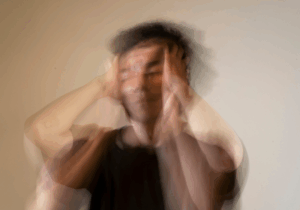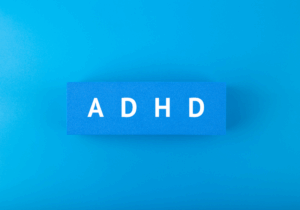Insomnia is the difficulty in falling asleep, staying asleep, or waking up too early and being unable to fall back asleep. It can also include sleep that doesn’t feel restorative, even if the duration appears to be sufficient.
This condition can be:
- Acute: triggered by specific situations such as stress, travel, or illness, and usually lasts a few days or weeks.
- Chronic: persists for at least three nights per week for three months or more.
In addition to insomnia, other sleep disorders—such as sleep apnea, restless legs syndrome, parasomnias, or circadian rhythm disorders—also negatively affect rest.
Poor sleep is not a minor issue. Sleep plays a vital role in physical recovery and mental balance. Without proper treatment, insomnia can lead to:
- Chronic fatigue and reduced daily performance
- Irritability, anxiety, and depression
- Problems with concentration, memory, and decision-making
- Increased risk of work or traffic accidents
- Weakened immune system
- Higher risk of cardiovascular disease, obesity, or diabetes
- Increased use of substances such as alcohol, caffeine, or unprescribed medications
Poor sleep doesn’t just affect the night—it impacts every area of life during the day.
The treatment for insomnia depends on its cause, duration, and severity. Some of the most effective approaches include:
- Cognitive Behavioral Therapy for Insomnia (CBT-I): Considered the first-line treatment, it helps identify and modify thoughts and behaviors that interfere with sleep.
- Sleep hygiene: Includes healthy habits such as keeping a consistent sleep schedule, avoiding screens before bed, cutting out stimulants at night, and creating a sleep-friendly environment.
- Relaxation and mindfulness: Breathing exercises, meditation, or progressive muscle relaxation help calm the nervous system before bedtime.
- Medication: In certain cases or when insomnia is very severe, medications may be prescribed by a doctor, but only as a short-term support.
- Comprehensive medical evaluation: To rule out physical or neurological causes like sleep apnea or hormonal disorders.
Many people try to manage insomnia on their own without lasting results. That’s why it’s essential to consult a sleep or mental health professional in order to:
- Identify the real causes of insomnia
- Avoid the risks of self-medication
- Establish a personalized plan for better rest
- Regain emotional and physical balance
- Learn how to manage stress, anxiety, or habits that disrupt sleep
A psychologist, general physician, psychiatrist, or neurologist specializing in sleep disorders can guide the process with expertise and empathy.
Sleeping well is more than just closing your eyes. It’s allowing the body and mind to restore energy, clarity, and stability. Insomnia should not be underestimated or faced alone.
Seeking help is not giving up—it’s an act of self-care and self-love. With proper treatment and professional support, it is possible to sleep peacefully again and live with greater well-being.






